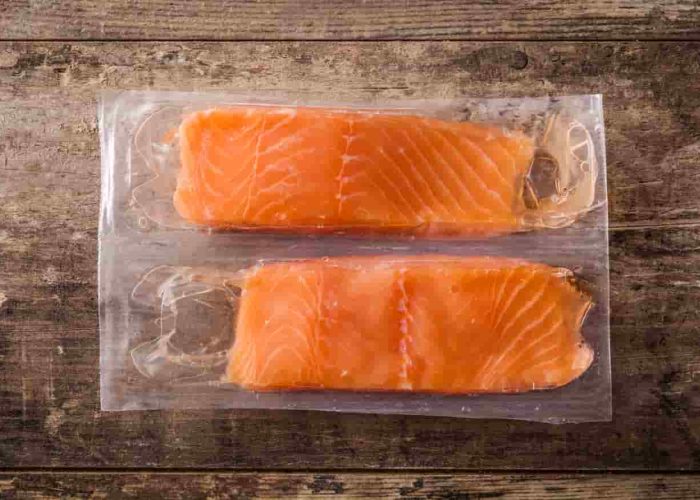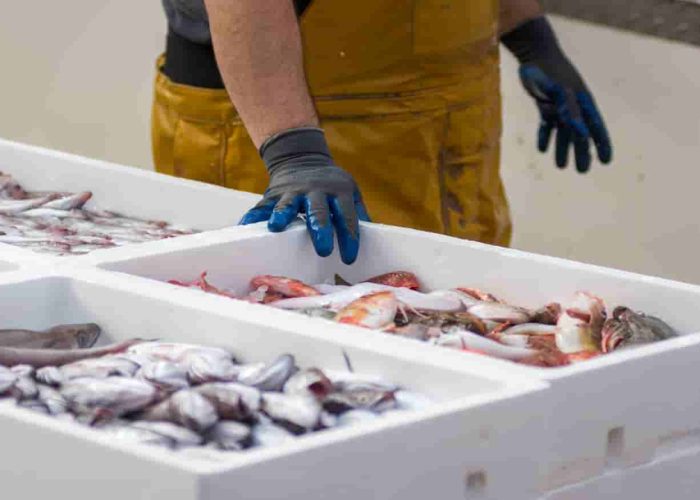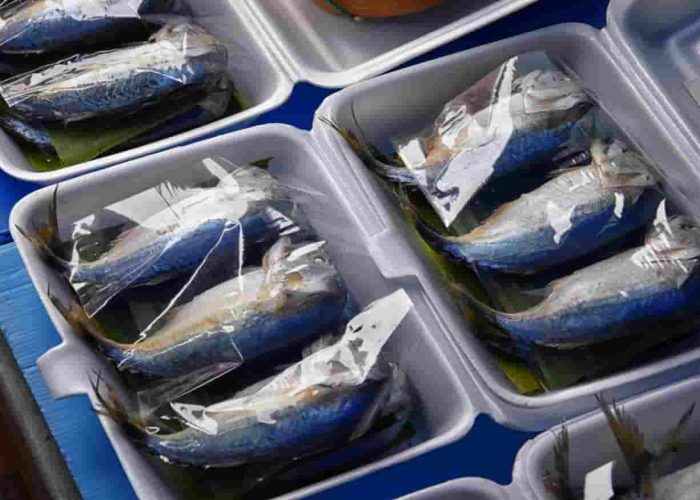FSMA 204 requires additional recordkeeping traceability requirements on designated foods to safeguard public health. It is a rule that monitors the entire food supply chain for food produced and designated for US consumption , mandates Traceability Lot Codes from harvest to table and aligns with industry best practices.
FSMA 204, a section of the Food Safety Modernization Act, mandates enhanced traceability across the food supply chain, requiring entities to maintain detailed records of Critical Tracking Events (CTEs) and Key Data Elements (KDEs) for foods listed on the FDA’s Food Traceability List. Agritrack’s comprehensive package cover’s the entire value chain with emphasis on onboarding assistance and customization:




Agritrack’s GDST Capable API-driven arch itecture enables seamless data exchange with other capable systems, simplifying compliance while reducing administrative burdens and potentially the reduction of necessary platforms a retailer needs to subscribe to, in order to report traceability. This single-source-of-truth approach simplifies audits, improves recall response times, and enhances consumer trust by ensuring that product origins, handling, and movement details are readily available without retailers needing to maintain multiple traceability solutions.
Technology Integration:
Agritrack’s GDST-capable solution is designed to facilitate seamless data exchange with other traceability systems, ensuring full interoperability across the seafood supply chain. By adhering to the Global Dialogue on Seafood Traceability (GDST) standards, Agritrack enables standardized, structured, and secure data sharing between different entities—whether they use proprietary traceability platforms, ERP or WMS systems, or government compliance databases. This means that key stakeholders, from harvesters and processors to distributors and retailers, can transmit and receive Critical Tracking Events (CTEs) and Key Data Elements (KDEs) in a universally recognized format, eliminating data silos and reducing manual reconciliation efforts.
A flexible API architecture allows businesses to seamlessly integrate with third-party traceability platforms and in the future other FSMA 204 compliance providers. This ensures that companies using diverse traceability technologies can still maintain a cohesive, end-to-end visibility of their seafood supply chain without requiring costly system overhauls or retailers operating multiple traceability systems to map traceability.
By leveraging GDST standards and robust integration capabilities, Agritrack not only enhances regulatory compliance and supply chain transparency but also fosters greater collaboration and efficiency among seafood industry stakeholders—paving the way for a more trusted, interoperable, and fraud-resistant global seafood market.
Agritrack’s Differentiation:
Agritrack differentiates itself by offering a highly customizable traceability solution tailored to the specific needs of each stakeholder in the supply chain. Unlike one-size-fits-all platforms, Agritrack adapts to the unique workflows, data requirements, and operational constraints of farms, fishing vessels, processors, distributors, and retailers. Our system integrates seamlessly with existing ERP, IoT, and sensor technologies, ensuring minimal disruption while maximizing compliance efficiency. Additionally, Agritrack goes beyond software by providing hands-on onboarding support, guiding businesses through the implementation process with dedicated training, data mapping, and compliance consulting. Our expert team ensures that every customer—regardless of technical expertise—can efficiently transition to FSMA 204-compliant traceability with minimal friction. This combination of customization and personalized support empowers businesses to not only meet regulatory requirements but also optimize their supply chain transparency and operational efficiency.
KDEs for location, date, quantity, subsequent recipient, reference documents, contact details, container, RAC commodity etc.
KDEs for location, commodity, quantity, date, harvest location, reference document etc.
KDEs for location, date, quantity, traceability lot code, reference documents, contact details, container, RAC commodity etc.
KDEs for location, species, date, quantity, traceability lot code, reference documents, contact details, first land based location etc.
KDE’s for location, quantity and description of input, quantity and description of output, date, traceability lot codes, reference documents etc
KDE’s for previous location, receiving location, product description, quantity, traceability lot code, reference documents etc
KDE’s for location, subsequent recipient and location, date, product description, quantity, traceability lot code, reference documents, contact details etc.
Critical Tracking Events and their Key Data Elements are communicated using GS1 data sharing standard, Electronic Product Code Information Services (EPCIS), enabling Agritrack to speak a standardized “language” with other providers, bridging the gap across the complex seafood value chain
FSMA, or the Food Safety Modernization Act, is crucial for ensuring the safety and integrity of the food supply chain. It focuses on prevention, transparency, and accountability in food production processes, ultimately safeguarding public health.
The FDA’s Food Traceability List (FTL) includes specific categories of seafood, such as finfish (e.g., tuna, cod, salmon), crustaceans (e.g., shrimp, crab, lobster), and mollusks (e.g., oysters, clams, mussels). These categories are subject to enhanced traceability requirements under FSMA to better protect consumers from foodborne illnesses and facilitate rapid response to food safety issues.
FSMA benefits consumers by promoting food safety through preventive measures, such as preventive controls and enhanced traceability. By ensuring that food producers prioritize safety and transparency, FSMA helps consumers make informed choices about the food they eat, reducing the risk of foodborne illnesses and enhancing overall confidence in the food supply.
Some key requirements of FSMA for seafood producers include establishing and maintaining records to track the source and movement of food products.
Seafood producers can ensure compliance with FSMA by implementing food safety management systems, conducting regular risk assessments and preventive controls, maintaining accurate records of food production and distribution, and staying informed about updates to FSMA regulations and guidelines.
Agritrack stands out as the ideal solution for FSMA compliance for several reasons. Our platform is specifically designed to streamline the complex process of adhering to FSMA regulations, offering tailored traceability plans and comprehensive traceability event tracking. Agritrack’s platform is one of the first traceability platforms to fully comply with the Global Seafood Traceability Standard (GDST) which align with FSMA 204 requirements. This ensures that seafood producers not only meet but exceed regulatory standards with ease. Moreover, Agritrack’s user-friendly interface and robust features make it the preferred choice for seafood producers looking to enhance food safety, maintain regulatory compliance, and safeguard public health.
With Agritrack, you can trust that your seafood products are in good hands.